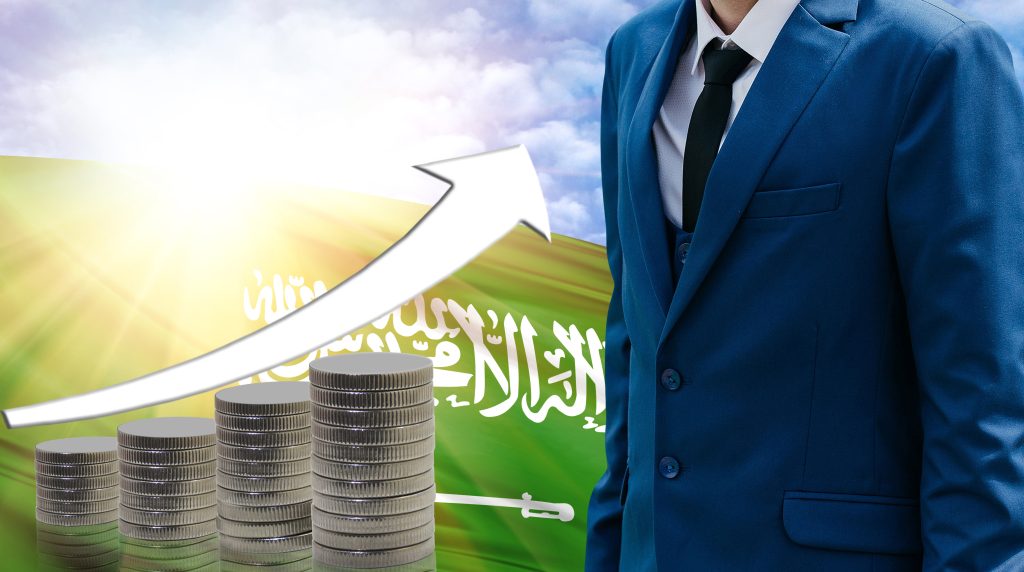The International Monetary Fund (IMF) has projected that Saudi Arabia’s current account balance might weaken due to falling oil prices and substantial investment-related imports.
Last year, the kingdom’s current account surplus dropped sharply to 3.2% of GDP, driven by reduced exports and strong growth in investment-related imports, according to the IMF. However, a record services balance surplus, including a 38% rise in net tourism income, helped offset some of these declines.
Oil production limits led to an overall economic contraction of 0.8% last year, although non-oil GDP grew by 3.8%, fueled by high private consumption and non-oil investment.
The IMF anticipates a future current account deficit for Saudi Arabia, primarily due to declining oil prices and continued strong investment-related imports. Non-oil growth is expected to moderate in 2024 but is projected to reach 4.4% in the medium term, supported by rising domestic demand from ongoing projects.
Overall economic growth is forecasted to hit 4.7% in 2025, aided by the end of oil production restrictions, and then average 3.7% annually.
This analysis is based on an IMF staff report completed in July after discussions with Saudi officials about the country’s economic policies and developments. The IMF noted that Saudi Arabia’s significant economic transformation under its Vision 2030 strategy is progressing well.
The kingdom’s unemployment rate hit historic lows in 2023, with minimal impact from geopolitical events. The banking sector remains robust, and year-on-year inflation fell to 1.6% in May 2024 from 3.4% in January 2023. However, rental prices are increasing by around 10% due to a high influx of expatriate workers and large-scale development projects.
